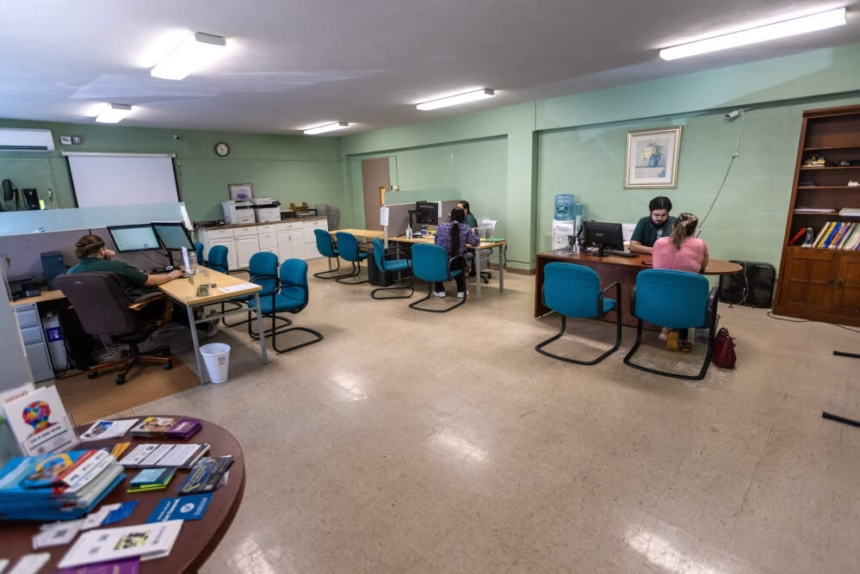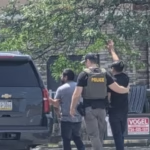The growing fear of immigration enforcement is driving more immigrant families to prepare for the worst: being separated from their children. In some cases, parents are assigning a close friend—often a U.S. citizen—the crucial role of a designated caregiver who can temporarily care for their children if they are detained by authorities.
In Framingham, a town west of Boston, a mother of two young daughters recently took action. At a local community center, she completed a legal document authorizing a friend to take her children into her home in the event of her arrest or deportation. “You never know what could happen. I want to make sure my daughters are in good hands,” she told WBUR in Portuguese.
This is not a formal guardianship, but a “responsible adult” designation recognized under Massachusetts law. It allows another adult to handle a child’s education and healthcare needs without stripping the parents of their legal rights. Attorney Heather Arroyo, of the Massachusetts Law Reform Institute, told WBUR that this arrangement is becoming increasingly common. “It’s a way for parents to maintain control. They can revoke the authorization at any time,” she explained.
According to Jillian Phillips, a social worker in Worcester, this kind of preparation helps prevent a cascade of complications—foster care placement, loss of family contact, and lengthy court battles from abroad. “Once a child enters the system, even a trusted adult may struggle to get them back,” she warned in an interview with WBUR.
The Brazilian Worker Center in Framingham, which has been at the forefront of this effort, reported a sharp spike in requests for these forms in May following a large-scale immigration operation in the state. According to director Liliane Costa, “Some families are so afraid that they only leave the house to buy groceries.” Speaking to WBUR, she compared the climate to a lockdown: “A friend told me, ‘After COVID, now comes the immigration pandemic.’”
The fear has been so intense that several public events have been canceled, including the annual Festa Junina at Saint Tarcisius Parish, which typically draws thousands of Brazilian attendees. Father Jairo Guidini explained the decision to WBUR: “I don’t think immigration agents would raid a festival, but I can’t take away people’s fear.”
This climate of anxiety is having serious consequences even for the youngest. Father Guidini mentioned children being treated for anxiety disorders. Some are terrified their parents may never return home. That’s also what led the mother in Framingham, to name a trusted caregiver. She did it reluctantly, hoping she’ll never have to rely on the plan. “If something happens to us, I want them to be with someone who loves them—not in a shelter,” she said.
Source: WBUR






